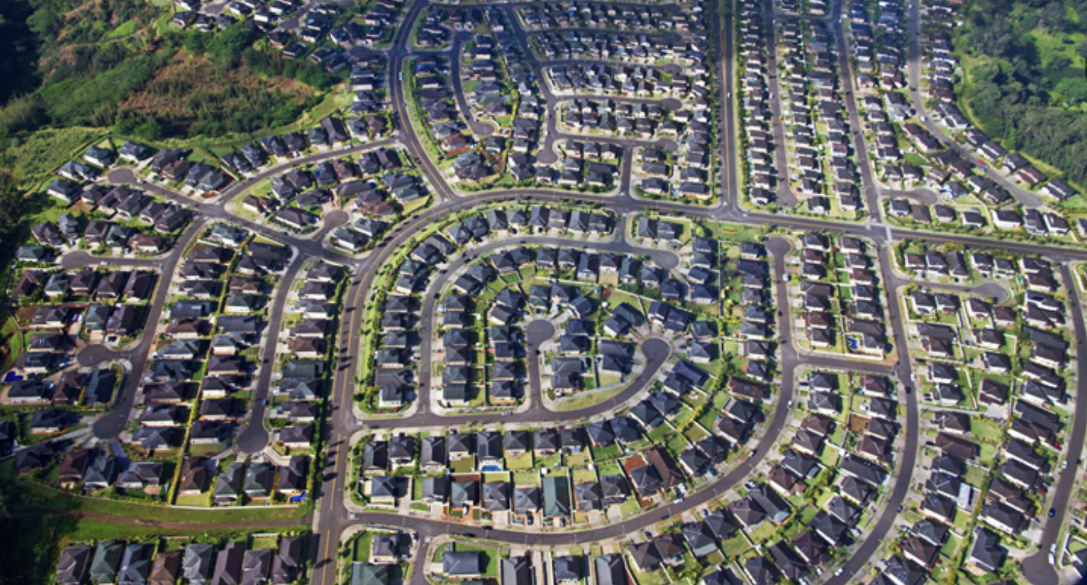The slow transition from internal combustion engines to electric cars won't be the silver bullet America needs to escape the deadly grip of climate change unless cities reversing decades of car-first development, a new study says.
The respected Institute for Transportation and Development Policy says that only full electrification of cars — and more importantly, the expansion of public transit and the development of “compact cities” that encourage residents to get out from behind the wheel — will reduce travel-induced greenhouse gas emissions in urban areas by 80 percent over the next 30 years.
“When we design our cities, we’ve been putting moving cars ahead of moving people,” said Heather Thompson, CEO of the Institute, which released the study, “The Compact City Scenario — Electrified,” on Thursday. “It doesn’t have to be that way.”
The alternative gets people out of their cars by guaranteeing they live in walkable, bikable utopias where they can get to work, go shopping, or grab a bite to eat without having to travel more than 15 minutes from their home. The combination of EVs and that form of development would be enough to offset the damage we’ve already done and possibly alter humanity's direction away from the dying hell towards which we are moving.
“We absolutely need to get fossil fuels out, but that will only take us so far,” Thompson said. “We need to develop cities in compact ways, to make sure people don’t need to get behind the wheel.”
In the United States, that means reshaping cities like Houston or Dallas to grow up instead of out, trading sprawl for dense, mixed-used centers that don’t require expensive cars to get around. And in rapidly growing areas in Asia, Africa and South America, it demands getting ahead of development there to ensure it doesn’t, for lack of a better term, go off the rails.
According to the study, urban passenger transport was responsible for 10 percent of all of humankind’s greenhouse gas emissions worldwide in 2015, and that number will only grow if nothing is done — setting us down a path for climate disaster. It predicted that electrification of cars alone will help, as would the development of compact cities alone, but only the two together would come close to hitting the emission goals set by the 2015 Paris Climate Accord.
“Strategically, electric vehicles and compact cities make a great pair,” Thompson said. “Compact cities could reduce our energy demand by 40 percent, making it easier to ramp up renewable electricity in time to meet our climate goals.”
Thompson pointed to Paris as an example of city that is trying to keep people moving using anything but 4,000-pound gas-guzzlers on four wheels. She cited Paris Mayor Anne Hidalgo’s re-election promise to make sure residents there can get essential services within a 15-minute walk or bike ride of their front doors as evidence that even a city already considered compact can do more.
“They are making improvements and investments to help them become a true 15-minute city,” she said.
And it isn’t as if cities have never been conceptualized with the idea of moving people ahead of cars in the past.
At the turn of the 20th century, before America was rebuilt to accommodate cars, transportation infrastructure in cities featured clean multi-passenger electric trains and trolleys — not single-passenger cars and trucks.
“Los Angeles is a classic example of a city where there was so much investment in rail, and they took it all away,” she said. “We need to go back to the development patters we originally started with."






